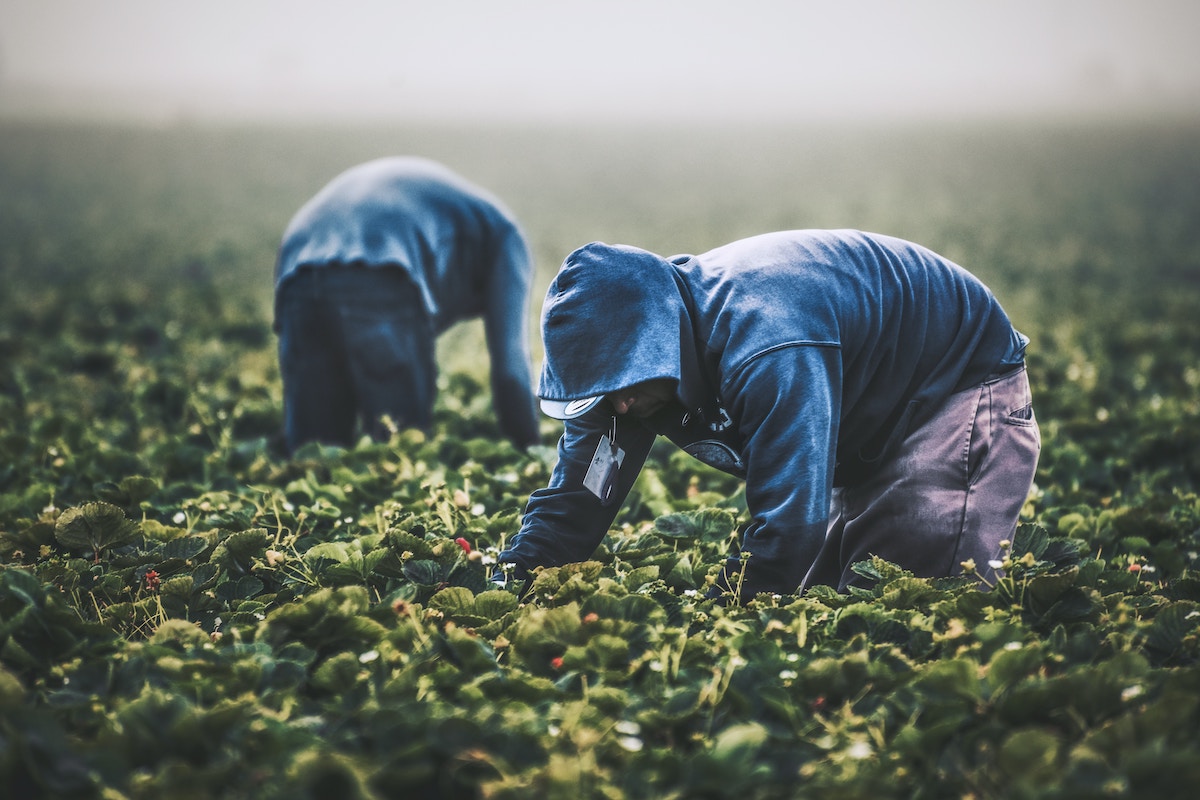President Trump’s inaugural speech Monday signaled his continued commitment to characterizing immigrants as criminal invaders and an impediment to his campaign mantra of “making America great again.”
Following his speech, Trump signed a slew of executive orders—declaring a national emergency at the southern border and an end to birthright citizenship, as well as ending use of the CBP1 app, among others—that will not only inflict pain on immigrants and their neighbors, but also on thousands of U.S. businesses and families.
Worse yet, these measures will undermine efforts to protect public health just as the country confronts a string of existing and newly emerging threats that put all of us, immigrant and non-immigrant alike, at risk.
One of the lessons learned from COVID-19 is that the best response to a pandemic is to work hard to prevent it from getting started. Public health researchers have, for some decades, warned about the evidence of zoonotic diseases (spillover from animals to humans) such as HIV, SARS-1 (the predecessor to COVID), MERS, Ebola, and many others.
Avian flu (H5N1) is the latest, with 66 confirmed cases and one confirmed death to date in the US, according to the Centers for Disease Control.
Systematic persecution of farmworkers, half of whom are unauthorized immigrants, will greatly ratchet up the risk that this now-smoldering epidemic becomes something far more disastrous.
Research shows that where there is particularly harsh immigration law enforcement, about 25% of unauthorized immigrants (as well as relatives legally in the country) stay away from health care. That alone will undercut efforts to address overall disparities in health access, wiping out at least a decade of progress toward public health equity.
Trump’s anti-immigrant campaign will also undermine childhood vaccination campaigns against preventable diseases such as measles, as well as COVID-19 vaccinations for at-risk older farmworkers, a dangerous about face augmented by the choice of an anti-vaccine crusader to head HHS and a vaccine skeptic to head the CDC.
More alarmingly, broad sweeps of CBP and/or ICE detention of non-citizens—as happened earlier this month in parts of California’s Central Valley, where there is a state emergency order to combat the avian flu—will inevitably complicate the already-difficult task of identifying and rapidly treating potential avian flu spillovers into the farmworker population.
At present, while the impacts of avian flu remain mostly economic, with no evidence as-yet of human-to-human transmission, genomic analysis has identified a viral mutation that might possibly enhance human infection and, thereby, increase transmission.
Given the risks, a crucial objective should be to minimize exposure and infections among farmworkers who are in regular contact with infected dairy cows or poultry to head off dangerous mutations.
A second step would be to rapidly identify individuals who have contracted H5N1 and provide them free anti-viral treatment to speed recovery and, by reducing viral load, decrease the risk of transmission.
Other steps should include:
- Banning warrantless detentions of individuals suspected of being in the U.S. unlawfully.
- Initiating a vigorous public campaign to encourage farmworkers and their families to be vaccinated with currently available seasonal influenza vaccine without collection of personally identifying information.
- A 360 degree “surround sound” community campaign to assure farmworkers and their families of the confidentiality of personal information provided to secure health care.
- Extending current CDC monitoring of family members and close contacts of farmworkers who contract avian flu broadly throughout farmworker social networks.
- And a vigorous public health campaign to encourage farmworkers and their families to seek immediate medical attention for influenza-like respiratory illness—especially with conjunctivitis (a symptom that may be more common in avian flu than in seasonal flu).
Earlier this month, outgoing HHS Secretary Xavier Becerra announced a $306 million investment in monitoring and preparedness for avian flu. Another $590 million is going to the pharmaceutical maker Moderna, given its success in rapidly developing the COVID vaccine. These investments of slightly less than $1 billion dollars are a drop in the bucket compared to the estimated $88 billion per year for detention and deportation of unauthorized immigrants.
Proceeding forward with enhanced efforts to protect the U.S. from avian flu is affordable, feasible, and can dramatically reduce the risk of another pandemic. The business-oriented Trump administration would need to focus on the well-being of poultry and dairy workers whose labor is essential to the functioning of these multi-billion-dollar industries.
In a rational social and political environment, these “common-sense”—to borrow a phrase from Trump’s inauguration speech—measures would be relatively straightforward. That is not the environment we are in.
Instead, any progress made in terms of technological tools to combat avian flu will be rendered ineffective as Trump’s unwarranted campaign against immigrants makes it impossible to identify and treat outbreaks and roll out vaccination initiatives.
Even as we enter an era where anti-immigrant voices are louder than ever, it is important to keep reminding local, state, and federal elected officials that we are all in this together.
Ed Kissam led several national research projects on U.S. farmworkers over the past 30 years. He worked as a farmworker outreach expert on several COVID-19 initiatives during the pandemic and published extensively on steps to improve strategy. He currently serves on the Advisory Council for the National Center for Farmworker Health’s CDC-funded H5N1 outreach and research program.













